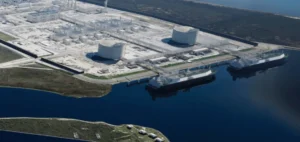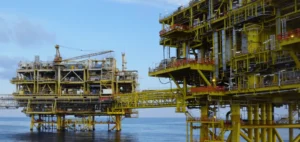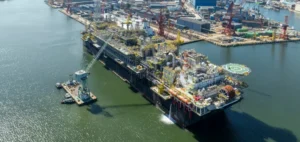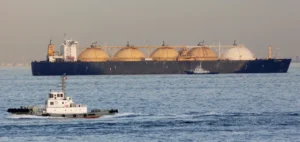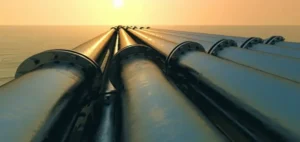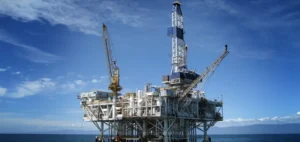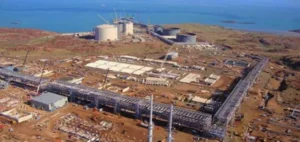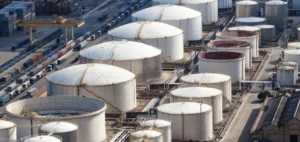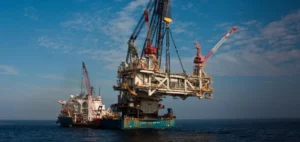Bulgaria is negotiating to reserve about 1 bcm/year of import capacity in Turkish LNG terminals.
Diversifying supplies
Bulgaria is negotiating to accept Turkish re-exports of regasified LNG in the future, announces Minister Rosen Hristov. The country has already reserved 1 bcm/year of LNG import capacity at the floating LNG terminal planned for Alexandroupolis in Greece from 2024. However, Sofia needs an additional 1 bcm/year of LNG imports.
However, the existing LNG import terminal at Revithoussa in Greece is already full, making it difficult to book additional capacity. Any new LNG booking is only possible from Turkey according to Bulgaria. In addition, Turkey has declared its capacity to supply regasified LNG from its terminals.
In June, Turkey’s Botas was testing the re-export of imported gas as LNG at the Marmara terminal to Bulgaria. The LNG was transported through the company’s pipeline network. Thus, the capacity could reach up to 9 million m3/d allocated for delivery at the Malkoclar point.
However, there is still no interconnection agreement between Turkey and Bulgaria that would allow commercial gas deliveries. Sofia hopes to conclude negotiations with Turkey for an interconnection agreement for at least 13 years. For Botas, however, Bulgaria and Greece must invest in infrastructure to take advantage of Turkish capabilities.
An energy dependency
Turkey is already transiting gas from Russia to Bulgaria via the TurkStream pipeline. Gas also flows from Azerbaijan to Greece via the TANAP pipeline. Re-gasified LNG capacity can be re-exported through Turkey.
Thus, re-exports of Turkish LNG would allow Bulgaria to meet about 30% of its gas demand. Another 30% would come from LNG landed in Greece. Finally, the rest would come from Azerbaijan.
Sofia was at risk of gas shortages this winter after it refused to pay for Russian deliveries in rubles. The agreement between Bulgargaz and Gazprom Export expires at the end of 2022. No new agreement remains.
Bulgaria was dependent on Russia for almost all of its gas demand. Gazprom Export used to supply up to 2.9 Gm3/year of gas. Moreover, prices reached record levels this summer, reaching €319.98/MWh on August 29.


